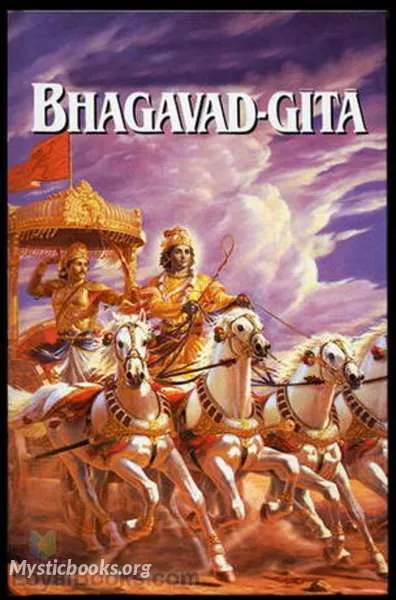
Bhagavad Gita
by Vyasa
'Bhagavad Gita' Summary
Structure
The Bhagavad Gita is a poem written in the Sanskrit language. Its 700 verses are structured into several ancient Indian poetic meters, with the principal being the shloka (Anushtubh chanda). It has 18 chapters in total. Each shloka consists of a couplet, thus the entire text consists of 1,400 lines. Each shloka line has two quarter verses with exactly eight syllables. Each of these quarters is further arranged into "two metrical feet of four syllables each", state Flood and Martin. The metered verse does not rhyme. While the shloka is the principal meter in the Gita, it does deploy other elements of Sanskrit prosody. At dramatic moments, it uses the tristubh meter found in the Vedas, where each line of the couplet has two quarter verses with exactly eleven syllables.
Narrative
The Gita is a dialogue between Krishna and Arjuna right before the start of the climactic Kurukshetra War in the Hindu epic Mahabharata. Two massive armies have gathered to destroy the other. The Pandava prince Arjuna asks his charioteer Krishna to drive to the center of the battlefield so that he can get a good look at both the armies and all those "so eager for war". He sees that some among his enemies are his own relatives, beloved friends, and revered teachers. He does not want to fight to kill them and is thus filled with doubt and despair on the battlefield. He drops his bow, wonders if he should renounce and just leave the battlefield. He turns to his charioteer and guide Krishna, for advice on the rationale for war, his choices and the right thing to do. The Bhagavad Gita is the compilation of Arjuna's questions and moral dilemma, Krishna's answers and insights that elaborate on a variety of philosophical concepts. The compiled dialogue goes far beyond the "a rationale for war"; it touches on many human ethical dilemmas, philosophical issues and life's choices. According to Flood and Martin, the Gita though set in the war context in a major epic, the narrative is structured for the abstract to all situations; it wrestles with questions about "who we are, how we should live our lives, and how should we act in the world". According to Sargeant, it delves into questions about the "purpose of life, crisis of self-identity, human soul, human temperaments, and ways for spiritual quest".
Book Details
Authors
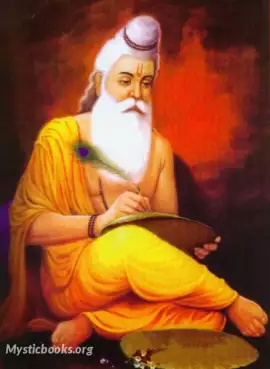
Vyasa
Hindustan
Vyasa is believed to be an expansion of the God Vishnu, who came in Dvapara Yuga to make all the Vedic knowledge from oral tradition available in written form. According to the Mahabharata, he was the...
Books by VyasaDownload eBooks
Listen/Download Audiobook
Related books
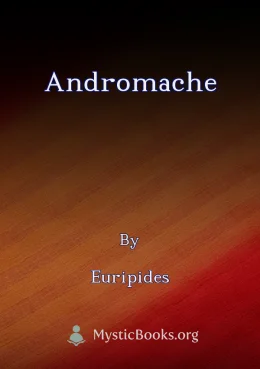
Andromache by Euripides
Andromache, the widow of the Trojan hero Hector, finds herself a captive of the Greek hero Neoptolemus after the fall of Troy. Forced to live in a fo...
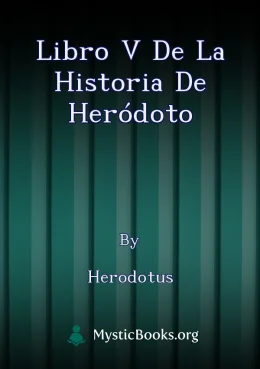
Libro V de la Historia de Heródoto by Herodotus
This book, the fifth volume of Herodotus' *Histories*, focuses on key events in the early 5th century BC, particularly the growing tensions between th...
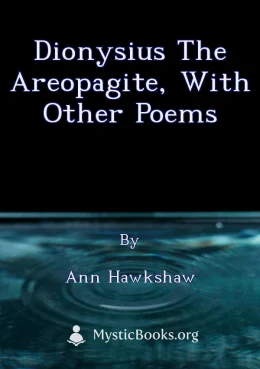
Dionysius the Areopagite, with other poems by Ann Hawkshaw
This collection of poems by Ann Hawkshaw, a prominent figure in early industrial Manchester poetry, centers around her epic work, *Dionysius the Areop...
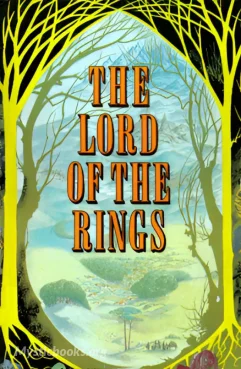
The Lord of the Rings by J. R. R. Tolkien
The Lord of the Rings is a high fantasy epic following the quest to destroy the One Ring, an artifact of immense power forged by the Dark Lord Sauron....
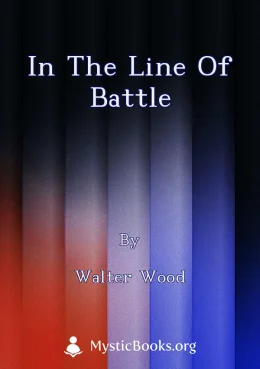
In the Line of Battle by Walter Wood
This book is a collection of first-hand accounts from soldiers who fought in the First World War. The stories are raw and honest, offering a glimpse i...
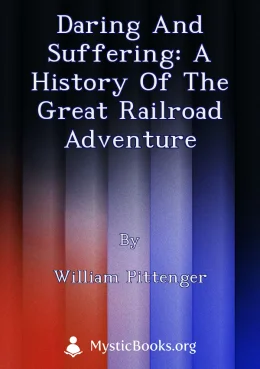
Daring and Suffering: A History of the Great Railroad Adventure by William Pittenger
In April 1862, during the American Civil War, 22 Union spies embarked on a daring mission to sabotage the Western and Atlantic Railroad, a vital suppl...
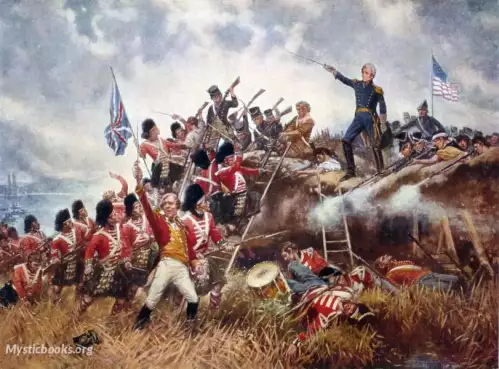
Chronicles of Canada Volume 14 - The War With the United States: A Chronicle of 1812 by William Charles Henry Wood
"International disputes that end in war are not generally questions of absolute right and wrong. They may quite as well be questions of opposing right...
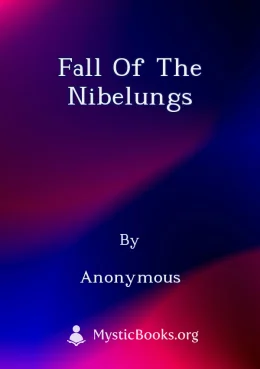
Fall of the Nibelungs by Anonymous
The Fall of the Nibelungs is a classic work of German literature that tells the story of the destruction of the Burgundian kingdom by the Huns. The st...
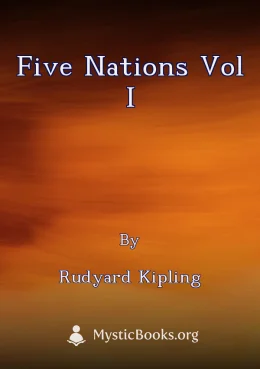
Five Nations Vol I by Rudyard Kipling
'Five Nations' is a collection of poems by Rudyard Kipling that explore the vastness and complexities of the British Empire during the Victorian era....

Food Guide for War Service at Home by Katherine Blunt
Instructions on how to maintain a "healthy" diet and rich in calories during the war. What foods can be used, what ingredients are available, etc. Bas...
Reviews for Bhagavad Gita
No reviews posted or approved, yet...